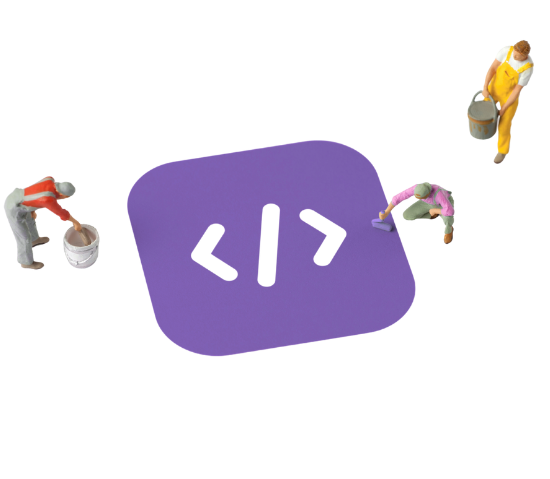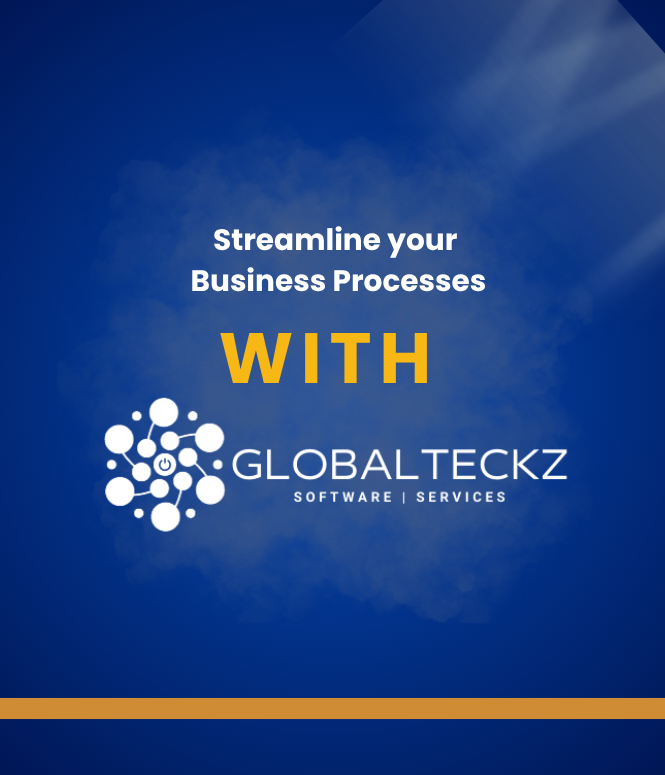Odoo Implementation & Development
Implementing Odoo ERP is more than just installing software — it’s a complete journey to align the system with your business processes. At Globalteckz, we provide end-to-end Odoo implementation and development, from setup to successful rollout. The process starts with installation and license management, followed by configuration of company details, localization, taxes, and accounting rules. Next, we handle customization and development to adapt modules, create workflows, reports, and dashboards, while setting up user roles and security.
We also manage integrations with third-party tools like payment gateways, shipping carriers, or CRMs, ensuring Odoo functions as the central hub. After development, we conduct testing, pilot runs, and employee training, leading to a smooth go-live.









